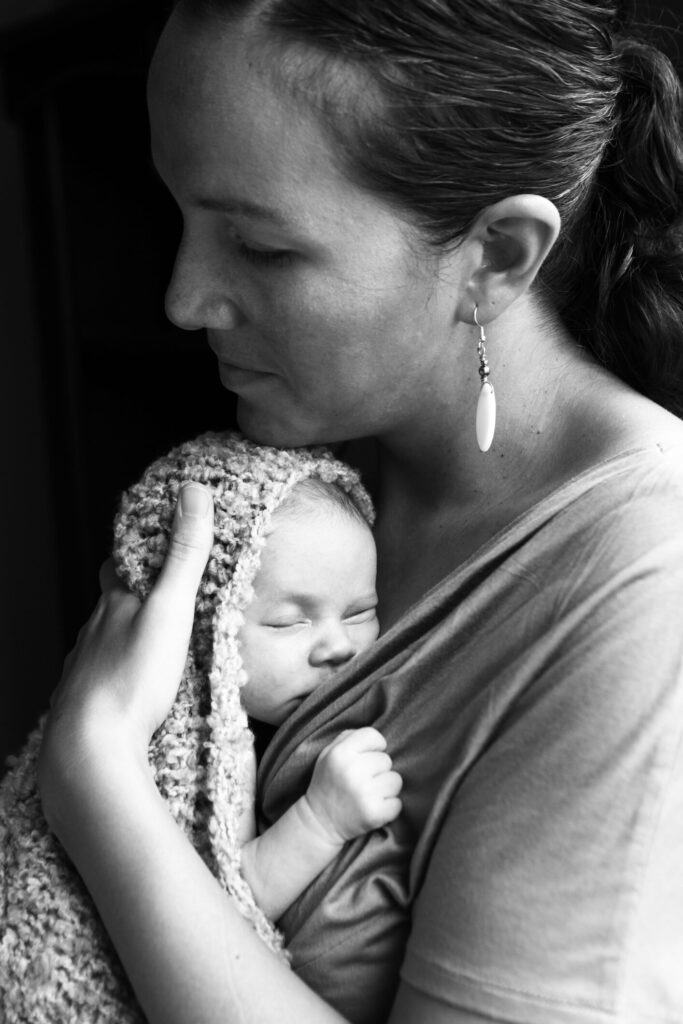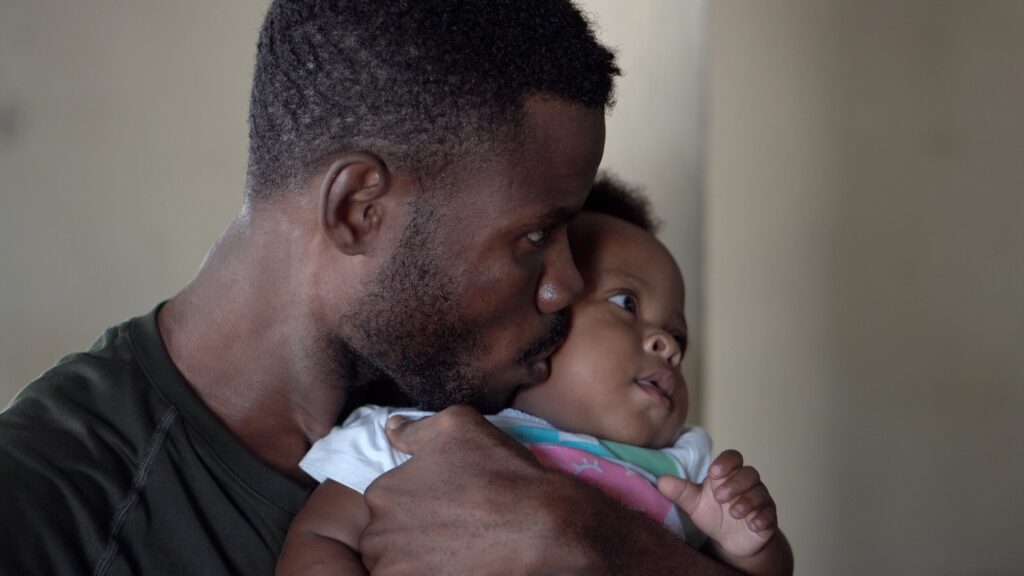
You may or may not feel ready to have sex again shortly after delivery. However, it is recommended that couples wait for the postpartum visit and exam with a health care provider before they have sex. Time for postpartum healing reduces the risk of infection.
Of course being cleared to have sex and WANTING to have sex are two different things. Providers often jump directly to questions about contraception without pausing to ask about sex first. There is a need for more research about how sexual relationships change after the birth of a baby and how to help couples navigate these waters. We know it takes two to tango and that open and honest conversations matter.
Watch postpartum sex and intimacy from Nurse Nikki. Read her blog about talking about sex after childbirth, too.
When to Start: Mother’s Perspectives
Many women have less interest in having sex after giving birth. This is totally normal. They may have vaginal tenderness and dryness, which could make sex painful without lubrication. New parents often feel tired because they are taking care of their baby and have less and shorter bouts of sleep. The intensity of parenting can reduce anyone’s sex drive. Also, many women find that caring for their baby is very physical. They get a lot of touch and can even feel “touched out.” Additionally, women’s body image can be complicated after giving birth. They may not feel as sexy during the postpartum period, especially when it can be hard to take a shower or do other things that make them feel nice. Feelings about many things, including sex can shift over time because this phase of life is new. Evolving into “mom” in addition to other roles in life, might not mix with feeling sexy at first. Leaking breasts can be a challenge. Baby blues, symptoms of postpartum depression or anxiety, and feeling worried can all lower interest in sex. Feeling down or confused? Ask your health care provider and friends you trust for support.
When to Start: Partner’s Perspectives
Taking care of a new baby is hard work. So is transitioning to new family dynamics. It is no surprise that tiredness and getting into a new rhythm can impact the timing and frequency of sex after baby. Having a baby and becoming parents is a big responsibility. It is normal for partners to also have less interest in sex in the months after the arrival of a new baby! Most partners want to be a good provider/support for their family. Being supportive means many things. It’s important to listen to each other. Take time to talk about your new life, stresses and how you want to be close to each other right now. Each member of the family is transitioning into a new normal. Taking care of each other can be stressful, especially if paid time away from employment isn’t available. Sex may not be on anyone’s mind. Your partner may be worried about keeping you satisfied and you may be worried about hurting her physically. There’s a lot going on!
Talking about Sex with your Partner
It is common for people to feel differently about sex after the birth of a baby. Talking as a couple about how you both feel is important. Don’t make assumptions. Be kind to each other. Here are some tips for communication:
- Let your partner know if you want to talk about sex. Find a time that you both can give a conversation your full attention, such as when your baby is asleep.
- Explain your feelings to your partner. Your feelings are important. Try to use “I feel” instead of “You make me feel” when you talk about what’s going on.
- Encourage your partner to share feelings honestly. Listen to what is shared. Having trust in your relationship is an important part of being comfortable with and enjoying sex again.
- Try to have conversations in a neutral place. A walk outside can be helpful, for fresh air and light exercise. Some people find it easier to share sensitive information without making eye contact.
- Vaginal intercourse is not the only way to be physically intimate and enjoy each other. Be creative!
- Transition to intercourse when it makes sense to both partners. Take your time and make sure that you are both comfortable each step of the way. Use lots of lubrication – just make sure it’s water based if you are using a condom for contraception. Show respect and love to each other by being sensitive to each other’s needs.
Talking about sex with your Health Care Provider
As part of your postpartum health care, your provider should have a conversation with you about your interest and readiness for resuming intercourse. Your provider should make you feel comfortable being honest. Topics like sex and pelvic pain can be hard to discuss, but your provider engages with patients about this every day. Health care professionals are there to support you as a whole, including your sexual health and family planning goals. They can also talk to you about healthy birth spacing (it is recommended not to become pregnant until at least 18 months after giving birth) and the range contraception options and lubricant or topical estrogen as needed.
Additional Resources to Explore:
- Birth Control After Baby
- Bedsider
- Birth Control, Planned Parenthood








